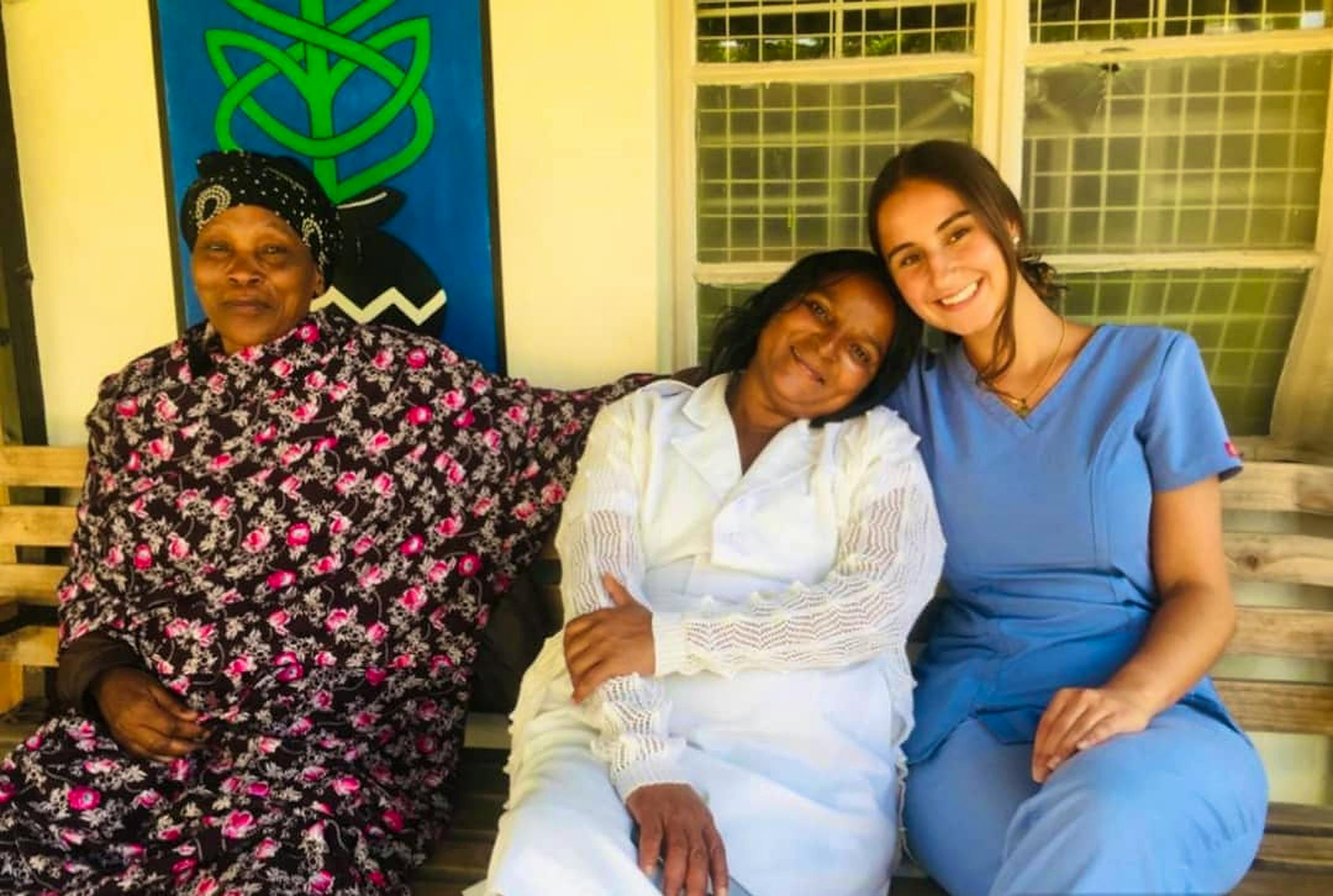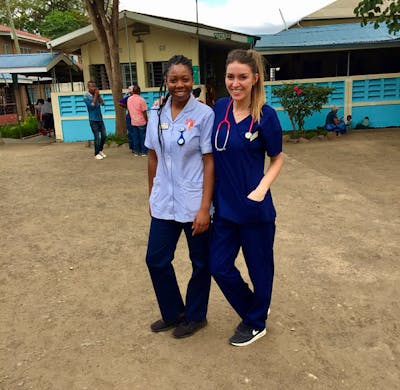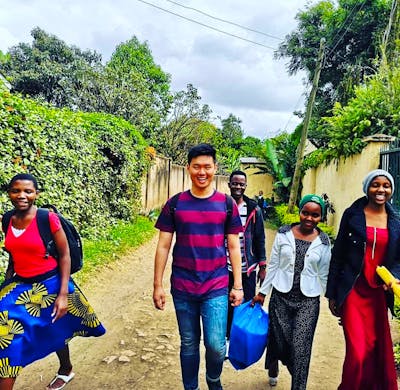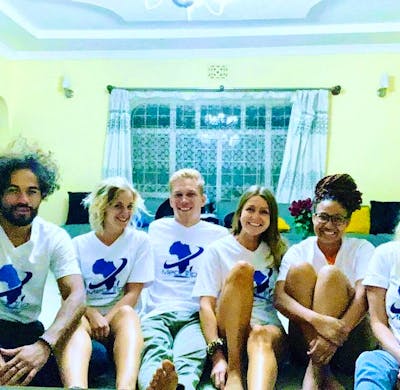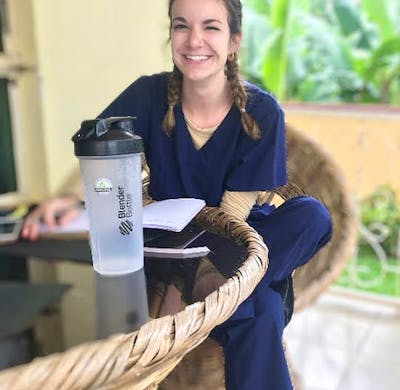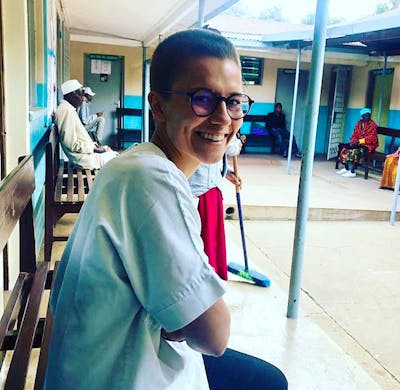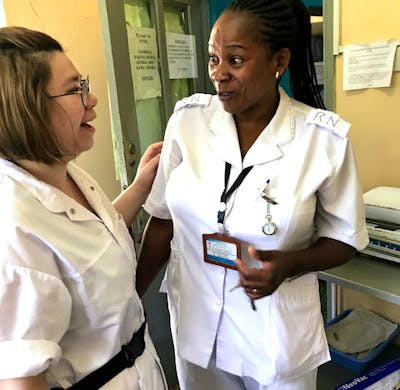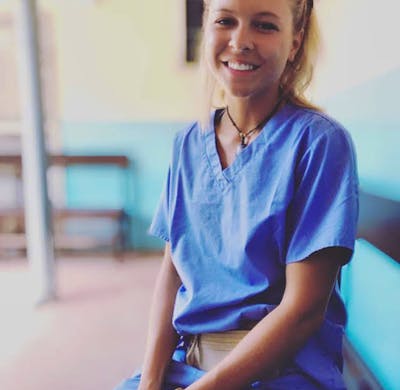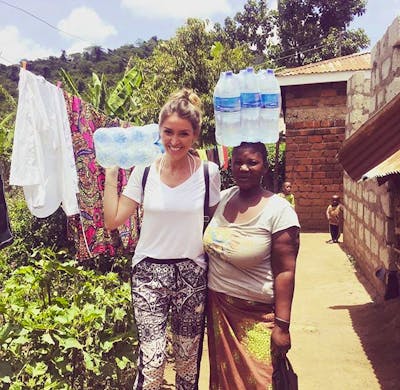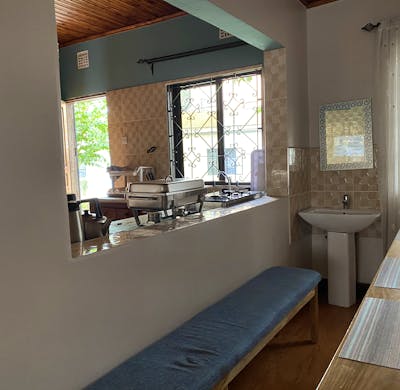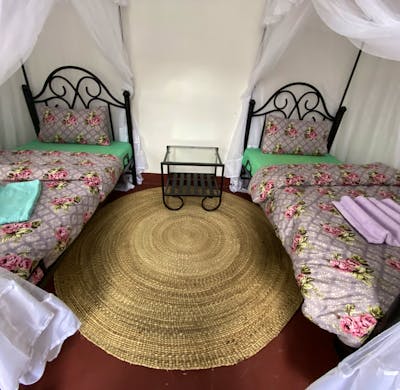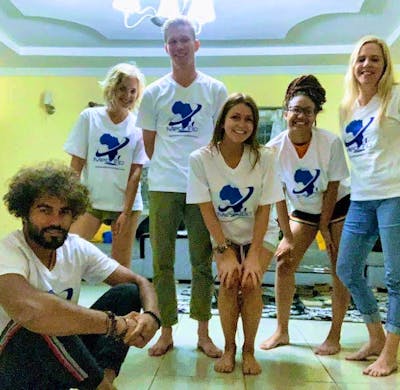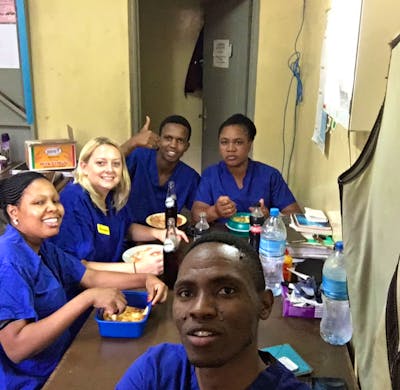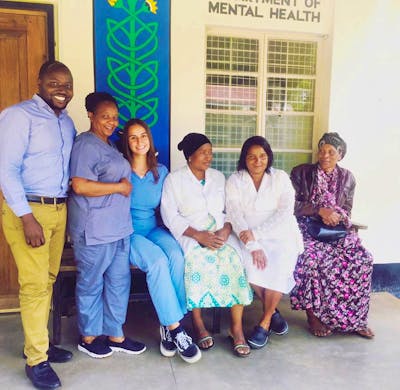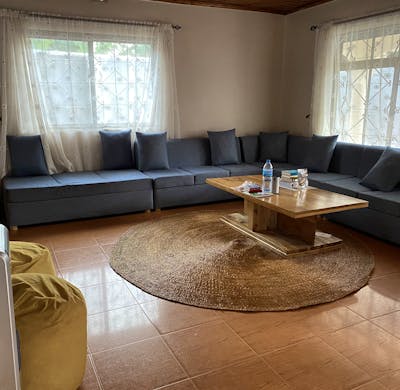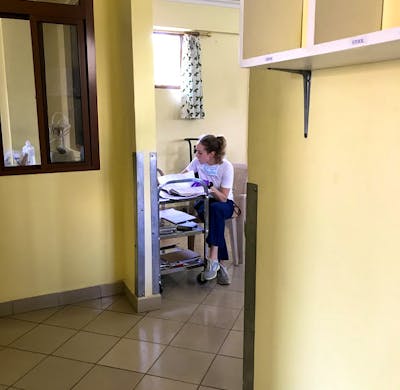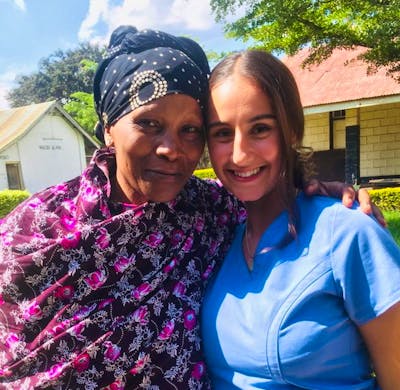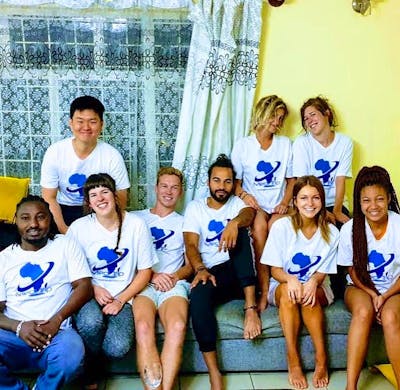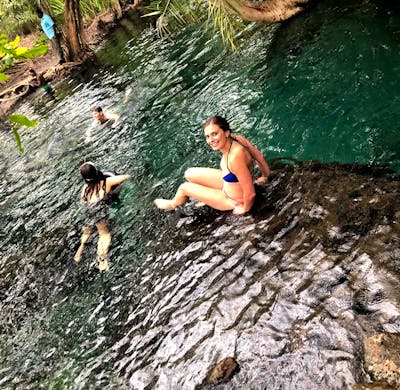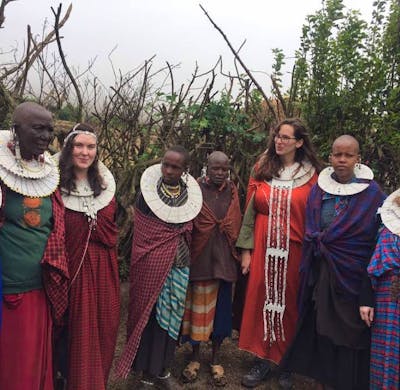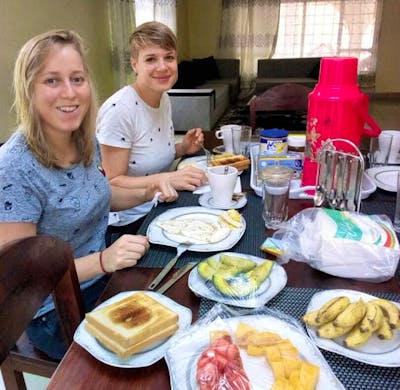Are you thinking about volunteering abroad? Take on this amazing opportunity to add depth to your work experience and portfolio. Work with some of the most underprivileged, at risk and vulnerable people to learn compassion, care and the complexities of healthcare in a developing nation.
Your Mission
This is a student internship placement working in a large outpatient mental health department as they receive patients from the community, asses, diagnose and refer them to in-patient facilities. Volunteer alongside a mental healthcare professional to deliver vital services to patients and their families.
Work alongside psychiatric nurses, mental health clinicians and social workers
Observe mental health assessments and treatments
Assist with counselling and psychoeducational sessions
Assist with delivery of care to people who cannot access major hospitals
Assist with delivery of health promotion and health education
Observe the effects of long term mental illness on day to day living amongst the most underprivileged
Observe the widespread impacts of mental illness on the local community
Deliver small scale observational report on your experience and findings.
Will you make a difference?
Yes. Many bright and motivated volunteers have shone the light and shown the difference that can be made through volunteering. By providing time and care, volunteers introduce new ideas, hope and healthcare at ground level, adding to the work already being done by clinical teams.
This placement can include outreach/community work with children in the wider community which includes a choice of the following:
Please let us know which of the outreach projects you feel you will be most able to assist in. Contact us for more details on each project.
So, what exactly is medical volunteering?
It takes truly committed people to this abroad! With medical volunteering, you will be volunteering to work with patients or in a healthcare specific area on a voluntary basis. Unlike other types of volunteering, medical volunteering is a difficult, challenging and profound area. Medical volunteers will witness and experience things other volunteers never will or what they never would have at home. This can be a huge challenge as often times volunteers experience situations that can leave them feeling sad, shocked or confused. But for the most part volunteers are often left amazed at the resilience of their patients and at the skill and dedication of their new colleagues. It truly is a hugely moving experience and one most Medi Trippers never forget.
Why Tanzania?
Tanzania is a bright, beautiful country to visit, the people are warm and gracious. Tanzania is multicultural and has hundreds of various tribes and ethnicities, the most famous being the proud nomadic Maasai tribe. Rich in culture and stunning to see, it really is an exciting part of Africa to visit. That is why thousands of travellers pass through every year. It's capital Dar Es Salaam sits on a breathtaking coastline, an hour from paradise island of Zanzibar. In the north, Arusha sits under the shadows of the great Mount Kilimanjaro and Mount Meru. Tanzania is home to many famous Safari parks and game reserves where people from all over the world come to visit the spectacular wildlife.
Where will you stay?
You will stay in Siret Hostel, is an award winning bed and breakfast, one of the highest rated and reviewed guesthouses in Arusha. We provide safe, clean and comfortable accommodation, comfortable bedding, excellent breakfast and dinner and housekeeping. This will be a quiet and friendly neighbourhood only 15 minutes from the main hustle and bustle of town. You will have wifi, hot showers, 24 hour gated security, a domestic/cook (who will happily do your laundry for a small fee) and a coordinator who will ensure you settle in quickly and comfortably into your new town. This is a shared home where you will be staying with other volunteers and guests from across the world, so you will never be on your own in your new environment. The house is impeccably clean, well kept, modern and spacious.
How will you get around?
For your placement, you will travel like a local and walk or take public transport. You will need to set a small budget aside for this (around $1 per day by local minibuses, 4 to 5 days per week). It is important you are prepared and comfortable to travel around town, this is a demanding role that requires dedication.
To get around town you will have the choice of local taxis (we have contacts of affordable, trusted drivers) who can get you around town or you can use the famous ‘dala dala’ mini buses that most Tanzanians use to travel locally everyday. Some people adapt very fast and choose to walk around, it is safe to do so however like with any new environment we strongly advise you to be aware of pickpockets and thieves. Always be safe and ask your coordinator before going anywhere new to you.
Important VISA & Permit Information
You will be required to pay a for a VISA & Permit for voluntary work assignment. Please enquire for details.
HOSPITAL CONTRIBUTION
$50 usd per week. This is a payment all medical volunteers in Tanzania must make towards your host hospital (Ministry of Health, Tanzania).
Where do my fees go?
Most of your fees are spent locally. Fees ensure you have above standard accommodation, that you have a personal coordinator picking you up at the airport, orientating you and you have a coordinator day to day and your program is planned and facilitated specifically for you, to match your skills and get you to provide the very best to those that need you.
Please note:
We can also transfer you to the airport on your departure date for $50 USD. Please mention this in your application!
PICK UP POINTS:
Kilimanjaro Airport (KIA)
Arusha Airport (ARK)
Arusha Bus station
Do any fees go directly to the projects?
Yes they do. Although we don't necessarily think that making financial contributions solve the complex issues faced by deprived areas, we do make a charitable donation on your behalf to your project placement. This is not mandatory. We do this as we know how challenging it can be for our partners to host, supervise and very often teach volunteers. We want our partners to know they are valued and respected for their time as best we can.
What should I wear to placement?
Scrubs are a great option as they will be kind to you in the warm weather, easily identify you as a clinical volunteer and can be discarded if damaged or contaminated. Uniform that covers your legs and comfortable shoes that protect and cover your feet.
Should I bring any gloves, personal protective equipment or medical equipment?
Remember you're going into poorly resourced area, they will not have access to the same equipment you would at home. We usually encourage volunteers to bring a box of gloves for personal use and to share with colleagues, hand sanitizer and stethoscopes. Second hand medical books/information you may want to leave behind is also a simple but great resource to share with your colleagues and refer to together on placement.
What insurance should I get?
You should ensure you're adequately covered by comprehensive travel insurance for the duration of your stay. You should also ensure you have indemnity insurance (UK: RCN membership for nurses/student nurses and BMA/MDU membership for doctors/medical students). For our EU, US and others please check with your employers/university/college or national employment body on indemnity.
What vaccinations should I get?
Please visit the Centre for Disease Control and Prevention for excellent up to date travel vaccination information.
Where can I get cheap flights?
There are dozens of great websites online for cheap flights. It is advisable to get your flights as early as possible to be able to logistically plan your trip.
Is Africa safe for me to travel alone? Do I need to be with other volunteers?
Regardless of whether you're volunteering on a clinical mission, you're still a tourist. Forward planning is key to protecting yourself from risk as you would anywhere in the world. As a group or a solo traveller from abroad, you will attract attention but, you will also have a great support system in your volunteer coordinators, fellow travellers/volunteers and supervisors. It's important to try and be conscientious of your new surroundings and respect and follow local customs as much as possible and insure yourself from any possible risks.
Africa is a large continent with every country varying greatly in local culture, customs, rules and regulations. Research your destination as much as possible and ask as many questions as possible. We would never place you at risk or in harm's way, however it is important you take ownership of your journey and behave responsibly.
Still have more questions? Ask away and get in touch!
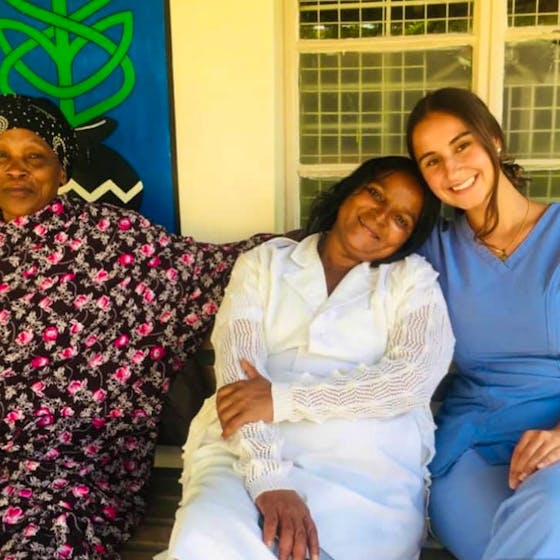
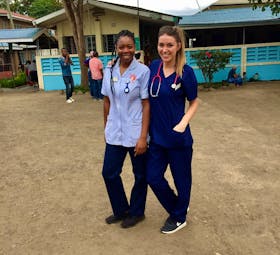
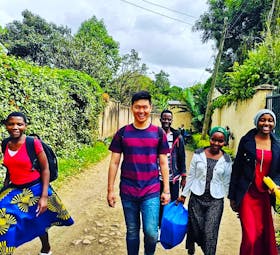
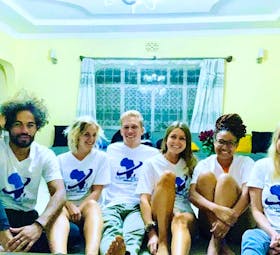
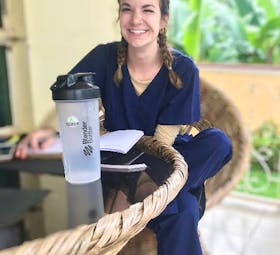
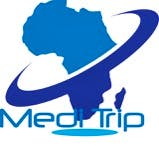
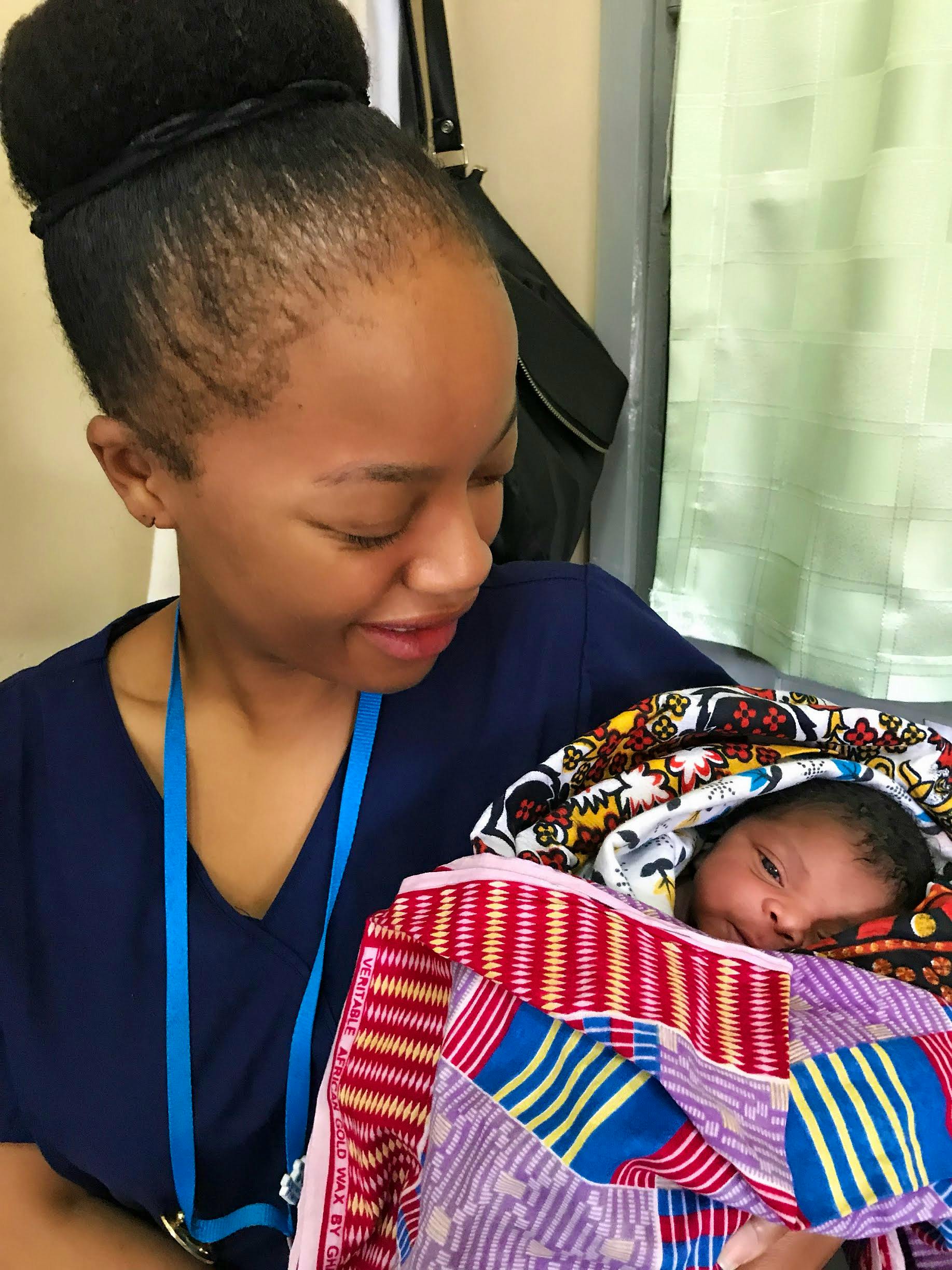
 4.8
4.8

